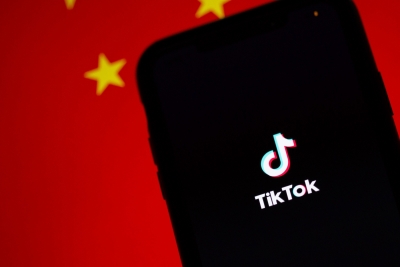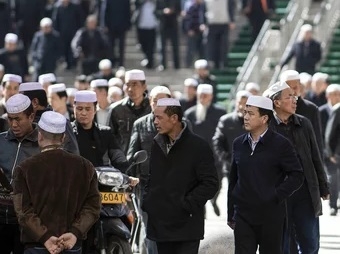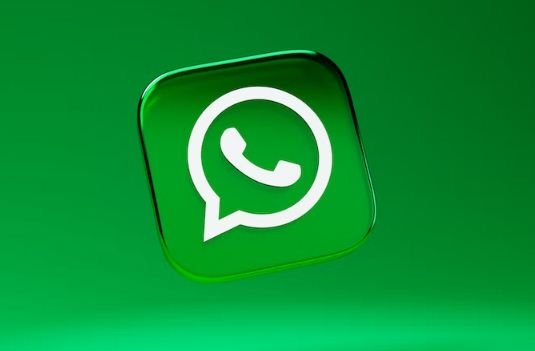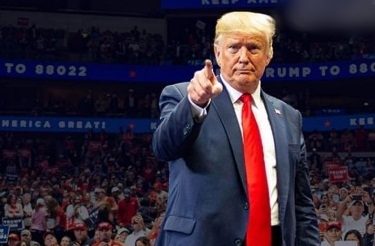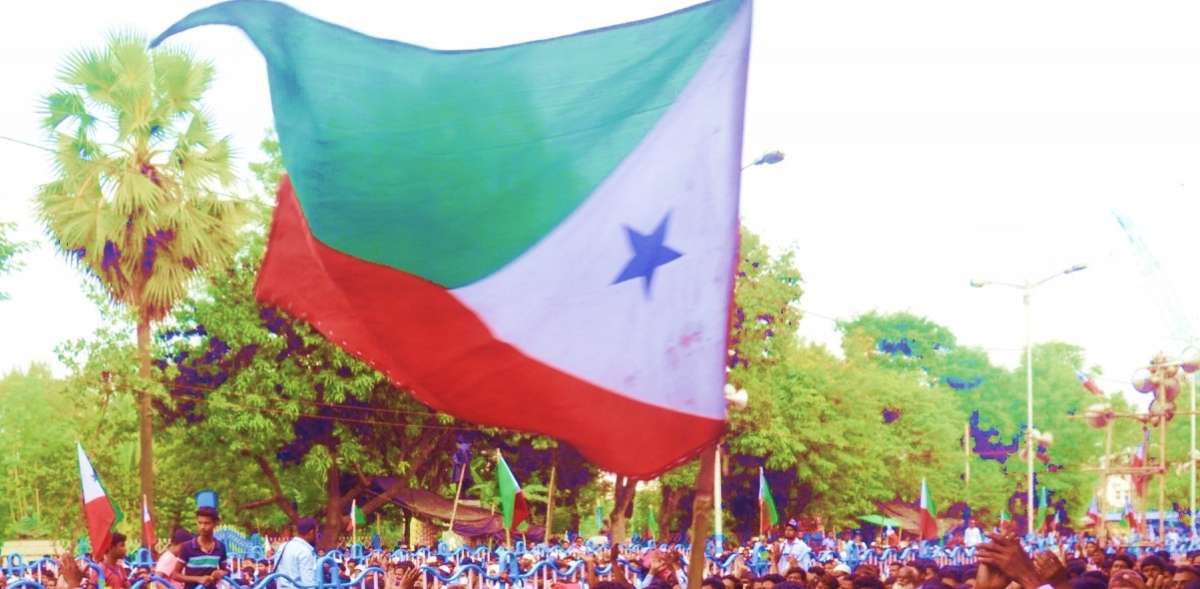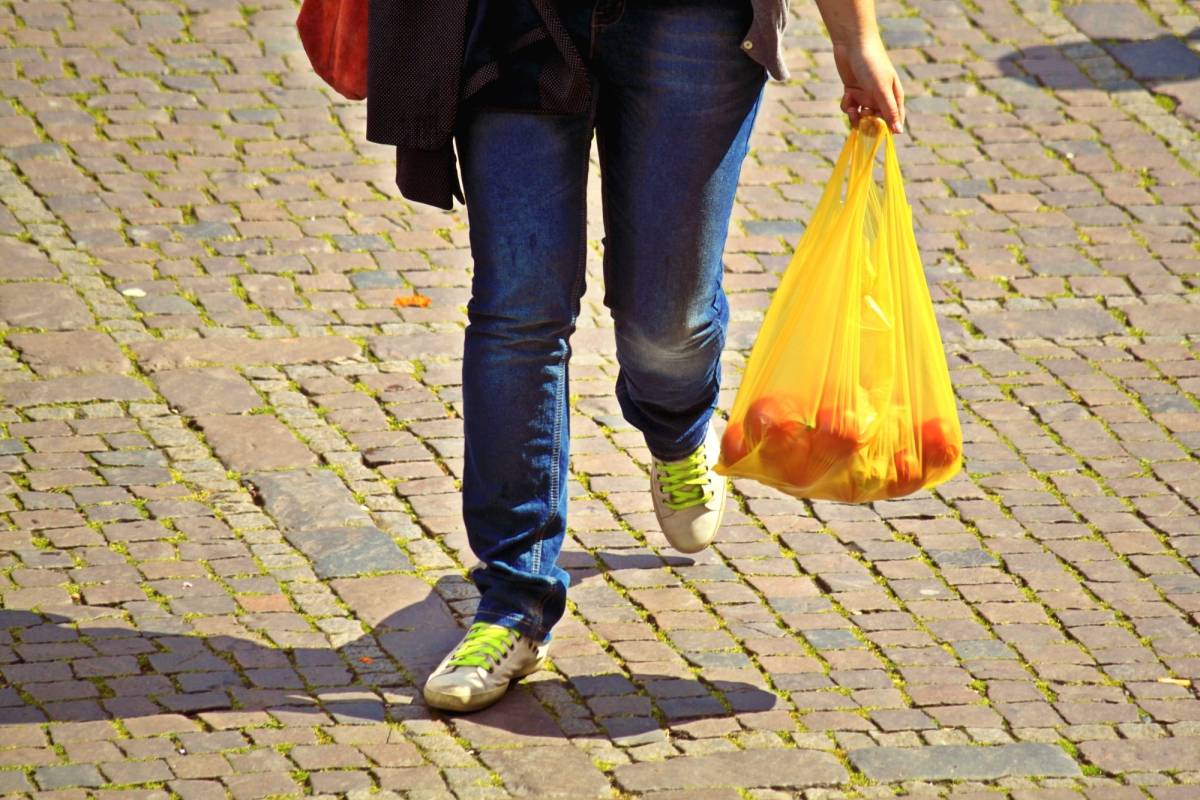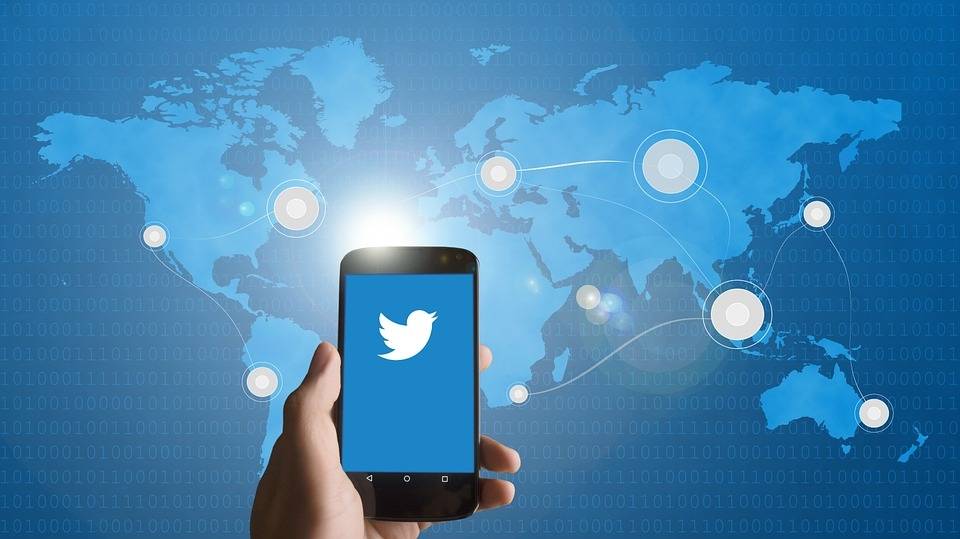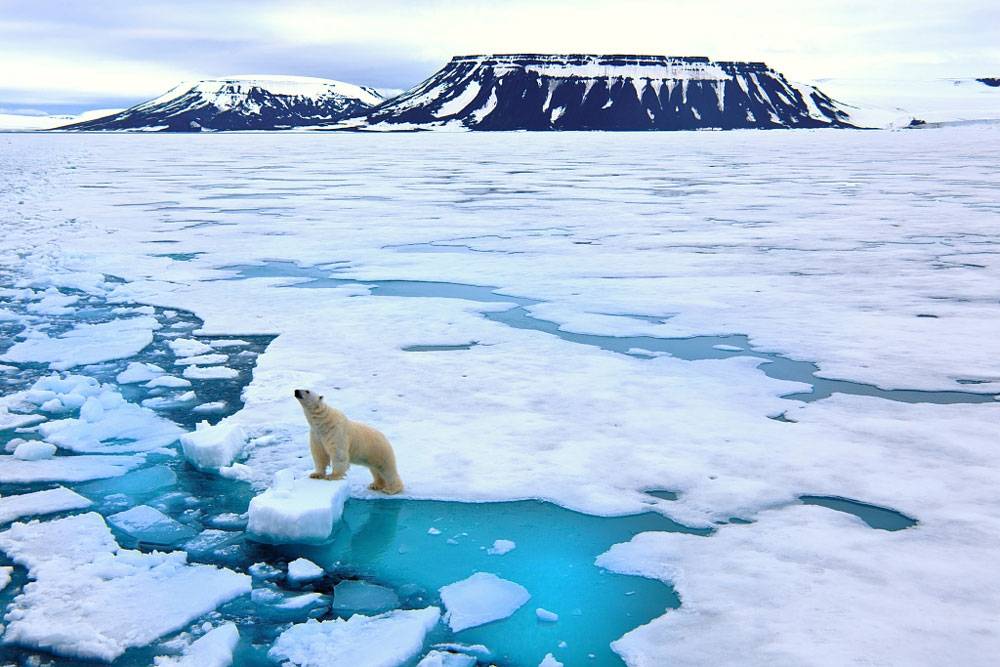Children’s data may have been used to track and profile them, potentially presenting them with harmful or inappropriate content, he added…reports Asian Lite News
Britain’s data watchdog said on Tuesday it had fined TikTok 12.7 million pounds ($15.9 million) for breaching data protection law including by using the personal data of children aged under 13 without parental consent.
The Information Commissioner’s Office (ICO) estimated that TikTok allowed as many as 1.4 million UK children under 13 to use its platform in 2020, even though it sets 13 as the minimum age to create an account.
The ICO said the data breaches occurred between May 2018 and July 2020, with the Chinese-owned video app not having done enough to check who was using the platform and remove the underage children who were.
“There are laws in place to make sure our children are as safe in the digital world as they are in the physical world. TikTok did not abide by those laws,” UK Information Commissioner John Edwards said.
Children’s data may have been used to track and profile them, potentially presenting them with harmful or inappropriate content, he added.
A TikTok spokesperson said the company disagreed with the ICO’s decision but was pleased the fine had been reduced from the possible 27 million pounds set out by the ICO last year.
“We invest heavily to help keep under 13s off the platform and our 40,000 strong safety team works around the clock to help keep the platform safe for our community,” the spokesperson said.
“We will continue to review the decision and are considering next steps.”
The ICO’s fine follows moves by Western governments and institutions in recent weeks, including Britain, to bar usage of TikTok on official devices over security concerns.
Australia to ban TikTok
Meanwhile, Australia’s federal government will ban video-sharing application TikTok on government devices over fears that the application’s security could be compromised and the platform could be used for foreign interference by China, ABC News reported.
Australia becomes the last nation in the “five eyes” intelligence alliance to block the app after similar decisions were taken by the United States, Canada, the United Kingdom and New Zealand. Attorney-General Mark Dreyfus has announced that the ban will come into effect “as soon as practicable.” He further stated that exemptions will be made on a case-by-case basis, as per the ABC News report.
In a statement, Mark Dreyfus said, “After receiving advice from intelligence and security agencies, today I authorised the secretary of the Attorney-General’s Department to issue a mandatory direction under the Protective Security Policy Framework to prohibit the TikTok app on devices issued by Commonwealth departments and agencies.”
Earlier on Tuesday, the Victorian and ACT governments stated that they expected an imminent ban, as per the news report. A spokesperson for Victorian Premier Daniel Andrews said they will follow the Commonwealth’s guidance with regard to cybersecurity and they will now work on implementing these changes “across the public service as soon as possible.”
ALSO READ-Braverman targets Pakistan-origin men
